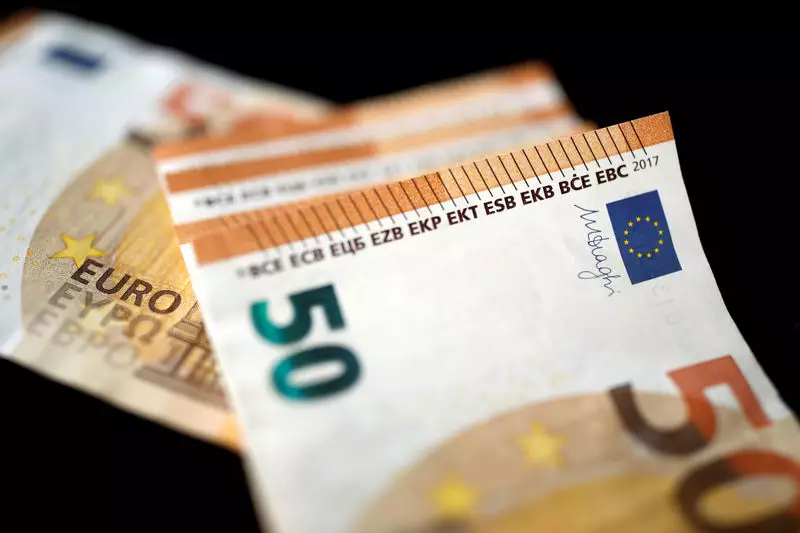The recent first round of France’s snap election has sent shockwaves through the financial markets, with the far-right emerging as the leader. Despite the initial response of the euro reaching a 10-day high, there is still a significant amount of uncertainty surrounding the final outcome. This has led to investors preparing for further volatility as the second round of the election approaches.
Following Marine Le Pen’s National Rally (RN) party coming out on top in the first round, there was a sense of relief in the markets due to the absence of major surprises. While the euro saw a temporary uptick, concerns over the final election results and potential political alliances linger. The rise in far-right and leftwing parties, both promising significant spending increases, has raised alarms among investors. France’s already high budget deficit and the looming threat of EU disciplinary actions have added to the market jitters.
The euro, which had been on a downward trend since President Macron announced the election, saw a slight increase following the first round results. However, the overall outlook remains uncertain as investors await further developments. Market analysts predict continued volatility in bond and stock markets, with little hope for a substantial recovery in French bonds in the near term. The recent surge in the premium bondholders demand for French debt over Germany’s reflects the growing concerns in the financial sector.
With the final results of the election still up in the air, much depends on the political alliances and decisions made in the coming days. The leftwing alliance’s willingness to withdraw candidates who finish third in the first round hints at a possible strategy to block the far-right from gaining power. The high turnout in the initial round also suggests a record number of three-way runoffs, which could further complicate the outcome and potentially benefit the RN.
As the election enters its final stage, markets are bracing for continued uncertainty and potential fluctuations. The fear of the far-right party securing an absolute majority remains a major concern for investors. The lack of clarity in political alliances and the potential for last-minute changes add to the volatility in the financial markets. Strategies to block the RN from gaining power could provide some relief to investors, but the overall outlook remains uncertain.
France’s shock snap election has had a profound impact on the euro and financial markets. The market volatility, coupled with the uncertainty surrounding the final election results, has left investors on edge. As the election moves into its final stages, political deal-making and strategic alliances will play a crucial role in shaping the outcome and determining the future stability of the financial markets.

